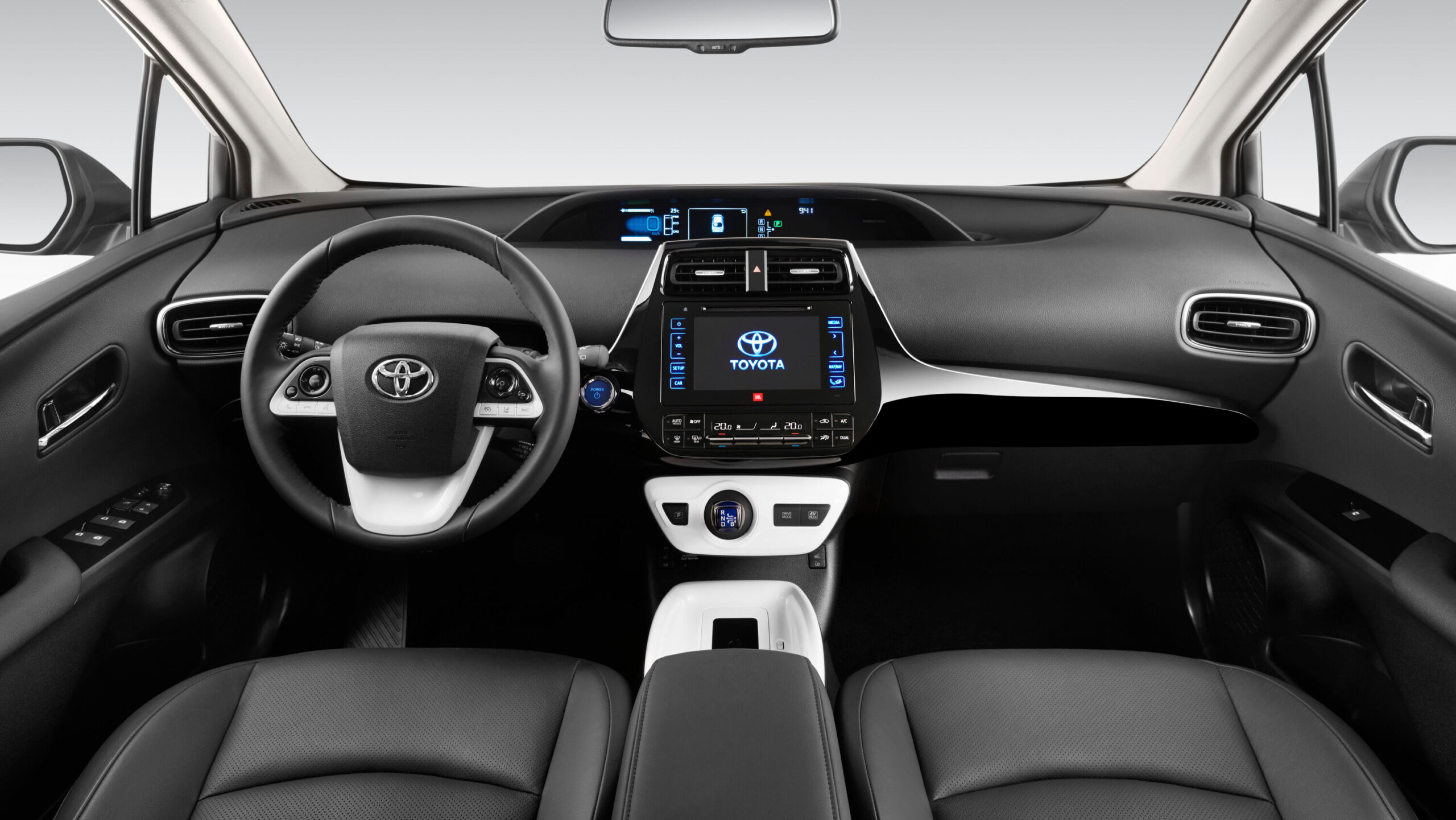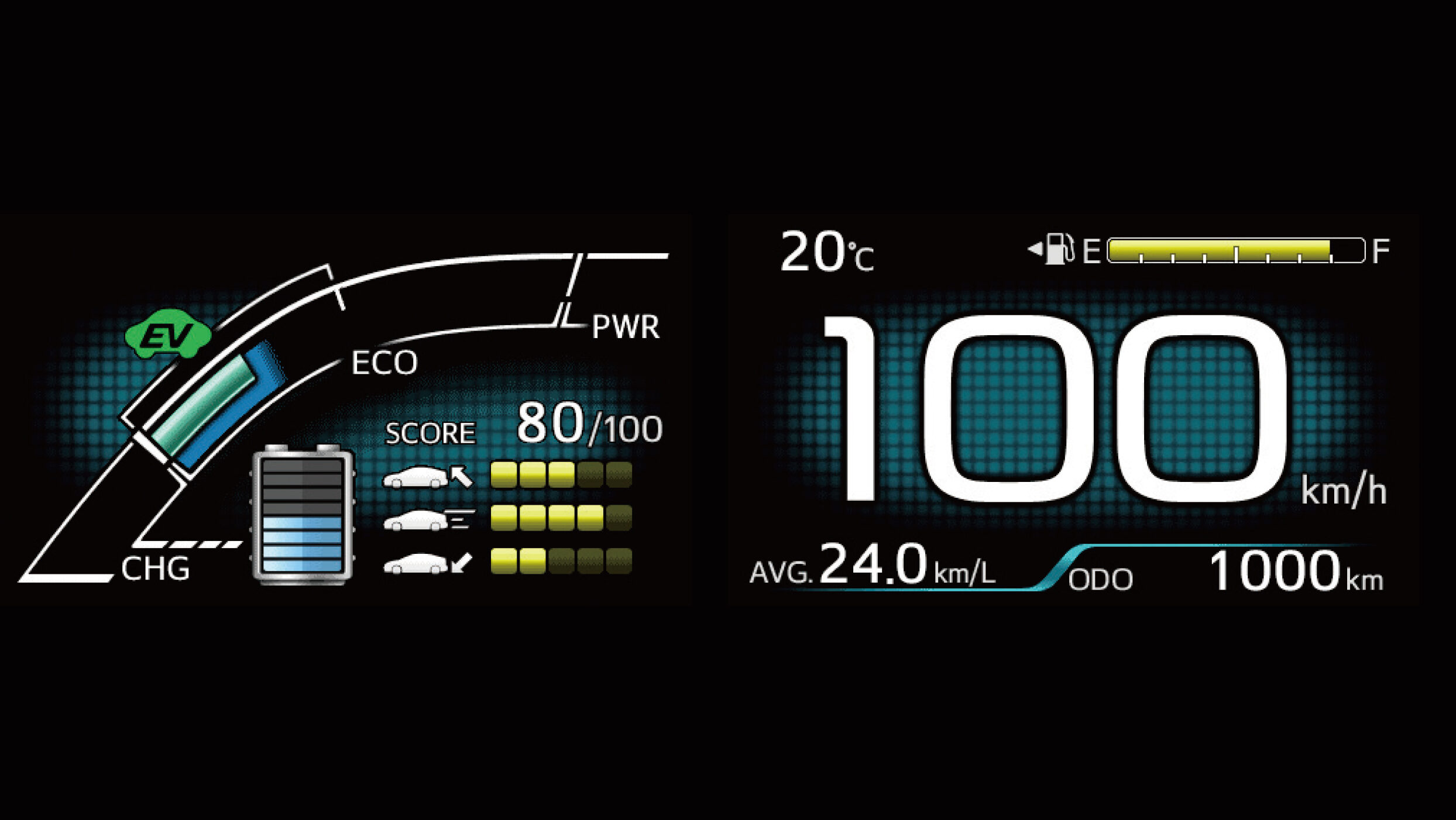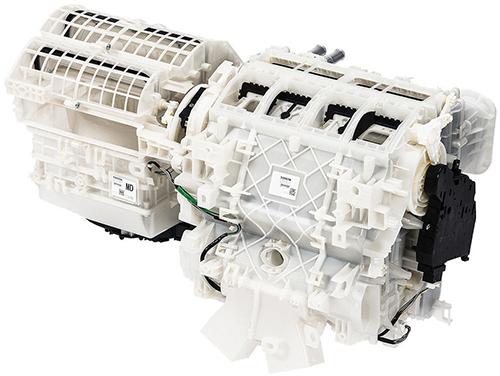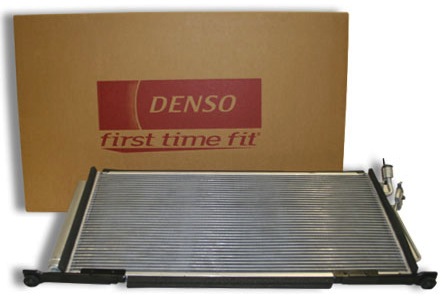New Toyota Prius AC system is 18% more efficient
- PostedPublished 21 February 2016
Toyota’s fourth-generation Prius due to launch in Australia in March breaks new ground for the pioneering hybrid car in a number of areas, including a more energy-efficient automatic air-conditioning system from Denso.

According to the Japanese parts supplier, the system in the new Prius uses a more efficient electric compressor and an ejector-integrated evaporator, which reduces power consumption for air cooling by about 18 per cent compared to the unit in the previous generation.
The system also has a double-layer recirculated/fresh air unit to draw in external air while circulating internal air “to ensure the performance of the air heating during the winter months and prevent the windshield from fogging up”.
Denso claims this reduces the heat loss due to air ventilation by 30 per cent.
“The double suction blower structure is designed to deliver warm internal air to the feet of the vehicle occupants and cool external air to the windshield to prevent it from fogging up, in order to ensure the air heating performance and visibility,” the company says.
In detailing its new-generation Prius, Toyota also highlights the inclusion of a new “S-Flow” function for its air-conditioning system, which is designed to detect whether the front and rear passenger seats are occupied and can adjust ventilation and heating performance accordingly, minimising air flow around any empty seats.

New meter displays developed for the vehicle include “Eco-Judge” and “A/C Score” functions that evaluate accumulated environmentally driving point and air-conditioning use.
Denso has worked with Toyota on a number of other systems for the new Prius, including a new power control unit and a motor stator – both of which are smaller and lighter than before – a millimetre-wave radar sensor, vision sensor and an ITS Connect-supported in-vehicle wireless radio communications device designed to improve active safety such as collision prevention.
Denso standardises HVAC unit, wins award
Denso won critical acclaim for its standardised HVAC unit last year with a coveted 2015 Premier Automotive Suppliers’ Contribution to Excellence (PACE) Award, handed down by US industry journal Automotive News.
Billed as the first of its kind in the industry, the unit won high praise for its suitability for a wide variety of vehicles, thereby reducing design and tooling costs.
Some 20 per cent smaller and lighter than conventional units, Denso’s standardised HVAC unit also reduces CO2 emissions via improved vehicle efficiency from the overall reduction in mass and electrical power consumption.
Delphi’s Thermal integrated front and rear HVAC unit for SUVs and MPVs was also shortlisted for a PACE award, winning due recognition for its weight savings and performance that meets all cabin heating and cooling requirements, while still permitting front and rear passengers to control temperatures.
- CategoriesIn SightGlass
- TagsDenso, HVAC, Hybrid, SightGlass News Issue 5, Toyota



